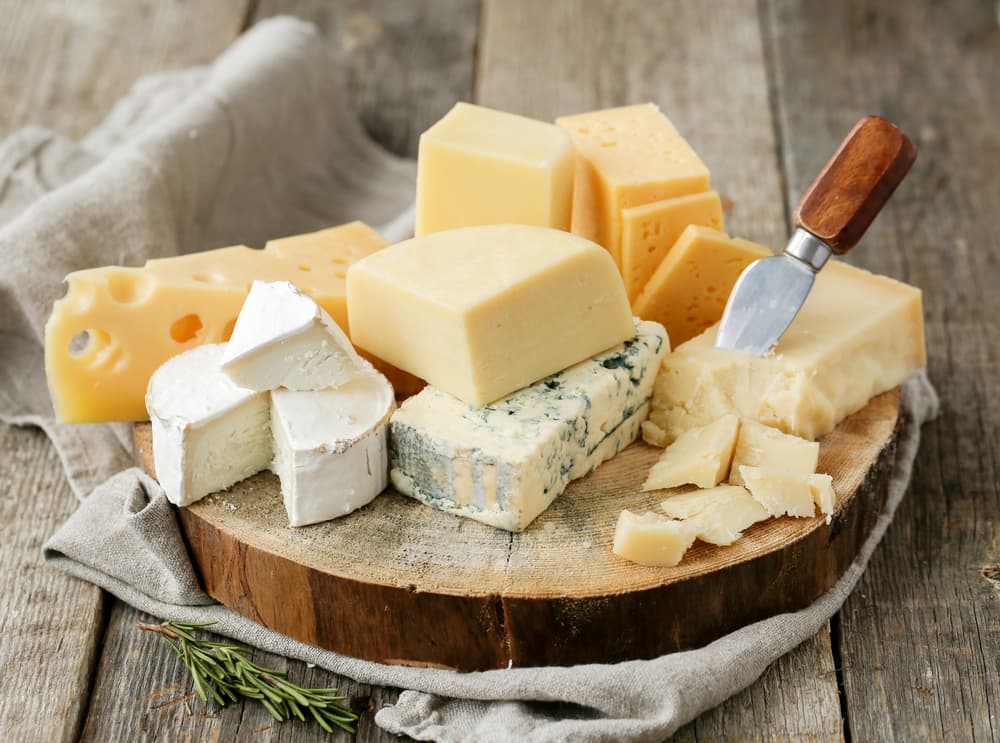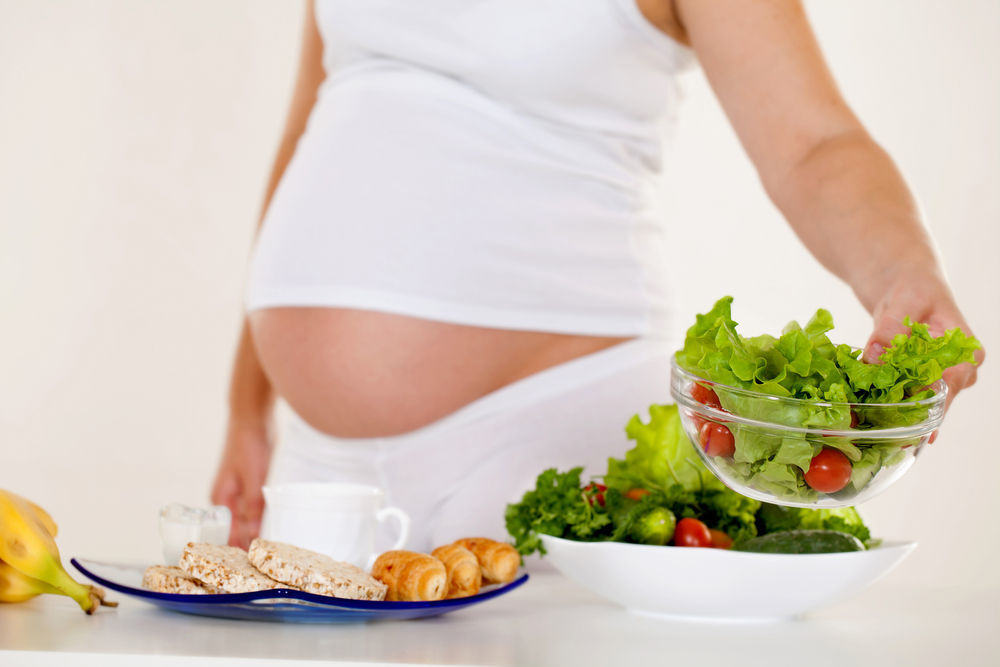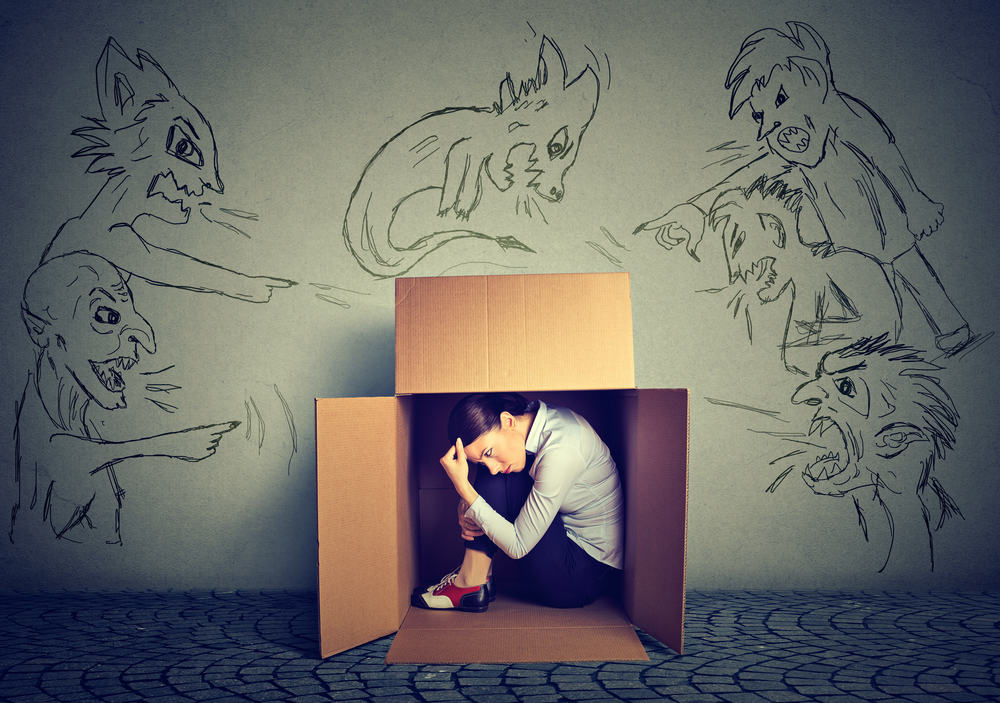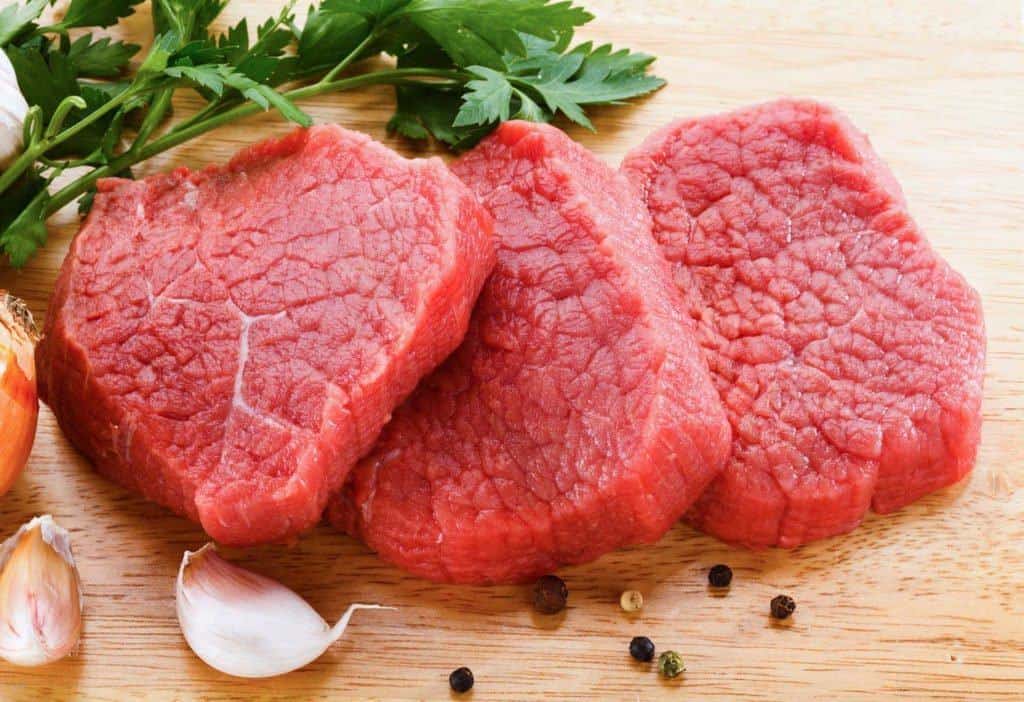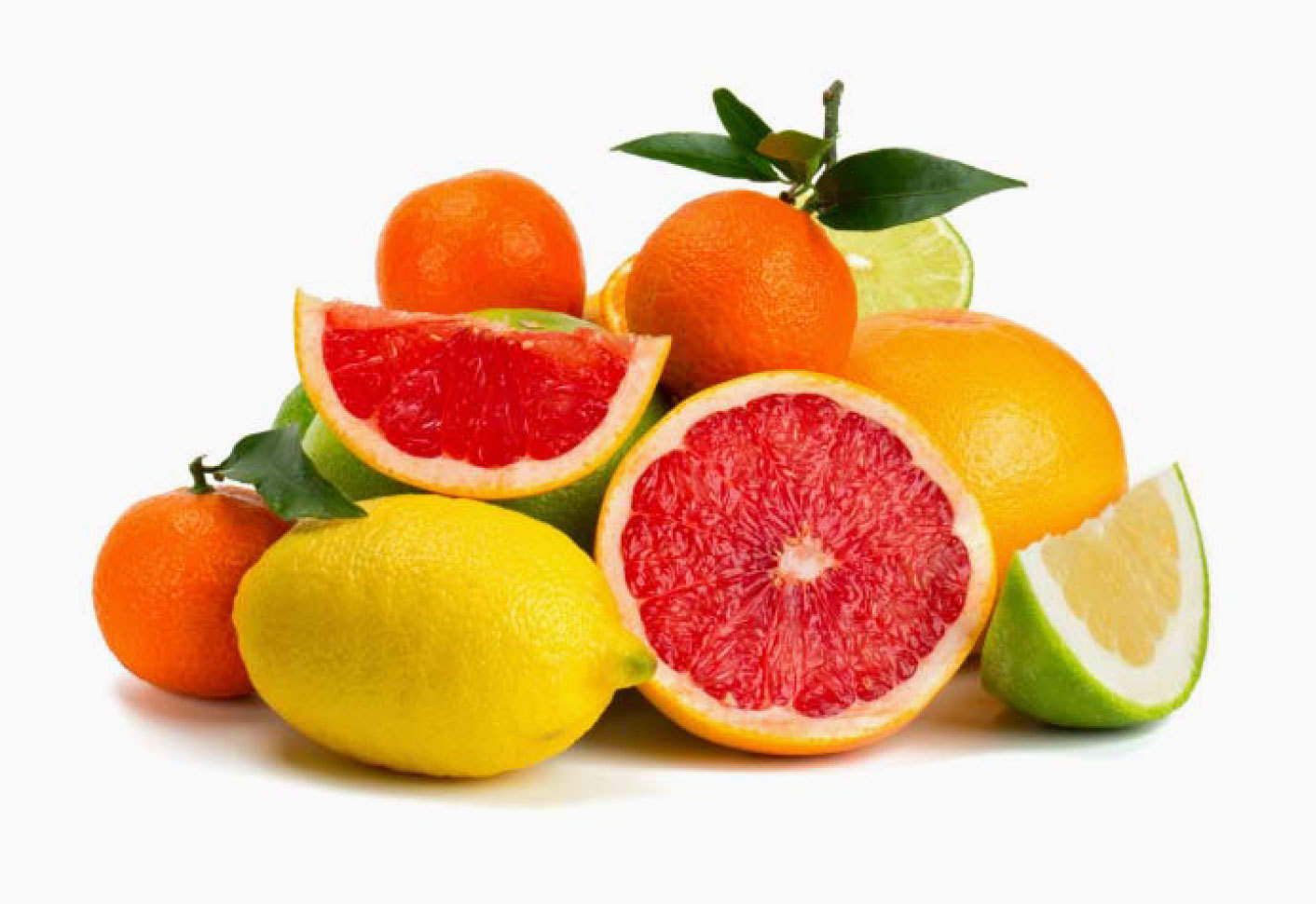Contents:
- Medical Video: Everything You Need to Know About the Keto Diet
- What are the nutrients contained in cheese?
- Protein
- Fat
- Calcium
- Can you eat cheese while you are losing weight?
- The key, don't eat excessive cheese
Medical Video: Everything You Need to Know About the Keto Diet
Cheese is one type of product that comes from milk. That's why cheese is actually a healthy and nutrient-dense product. Unfortunately, many people are afraid to eat cheese for fear of fat content. However, is it true that eating cheese can make fat because it contains fat? Can you eat cheese if you are losing weight? Find out the answer below, let's.
What are the nutrients contained in cheese?
Protein
The casein protein contained in cheese has the effect of lowering blood pressure and increasing the absorption of minerals in the intestine. A piece of cheddar cheese (28 grams) contains 6.7 grams of protein which is equivalent to a glass of milk.
Fat
Fat content in cheese is the most feared by people who want to lose weight. In a piece of cheddar cheese, you will get about 9 grams of fat, and 5 grams in it is a type of saturated fat. This content can meet about 25 percent of your daily fat requirements.
This number is actually quite high. However, fat is still needed by everyone's body - including those who are dieting though. Fat is useful as an energy reserve for cells in the body when carbohydrate intake is limited or exhausted. In addition, fat is also needed to store various important nutrients in the body.
Calcium
Research indicates that consuming enough calcium in a day can reduce weight and increase body composition. The mechanism of the relationship between calcium and body weight is still unknown. However, experts suspect that kAlsium - especially from dairy products - can help burn fat so that less fat is stored in the body.
Can you eat cheese while you are losing weight?
Based on a 2011 study in the journal Current Nutrition & Food Science, consuming milk or milk products does not have an impact on increasing body weight or body composition of children and adolescents.
In addition, pa study in 2008 in an analysis study of the National Health and Nutrition Examinaton Survey (NHANES) found that teens who consumed more milk or milk products had BMI rates (body mass indexor body mass index) which is lower than those who consume less dairy products.
Research in the International Journal of Obesityshows that consuming 3-4 dairy products such as cheese, yogurt, or milk in a day does not affect the increase in weight and various body compositions of adults. Eating milk or cheese, or yogurt every day helps control weight, so it's important to add dairy products to your daily diet.
Intake of dairy products combined with other diets also provides benefits in managing body weight. Research shows that eating dairy products with a high protein diet can accelerate the decrease in fat mass and increase nonfat mass in obese and overweight women.
Protein in cheese can actually help reduce weight. Because the protein slows the movement of food in the stomach, so you feel full longer and blood sugar is more stable.
Cheese can also make the taste of food increase, so you are more eager to eat healthy foods such as salads or sandwiches (sandwhich) vegetables.
The key, don't eat excessive cheese
People who are losing weight are not prohibited from eating cheese. With conditions, do not overeat cheese. Eating a piece of cheese in your vegetable sandwich is certainly not dangerous. However, if you eatburgerwith cheese and double meat, of course your diet program can dissolve. So, the key is to control the amount of cheese you consume.
If you want to eat cheese while reducing weight, you also have to balance it with regular exercise. That way, you don't need to worry too much about rising weight due to consumption of cheese.


